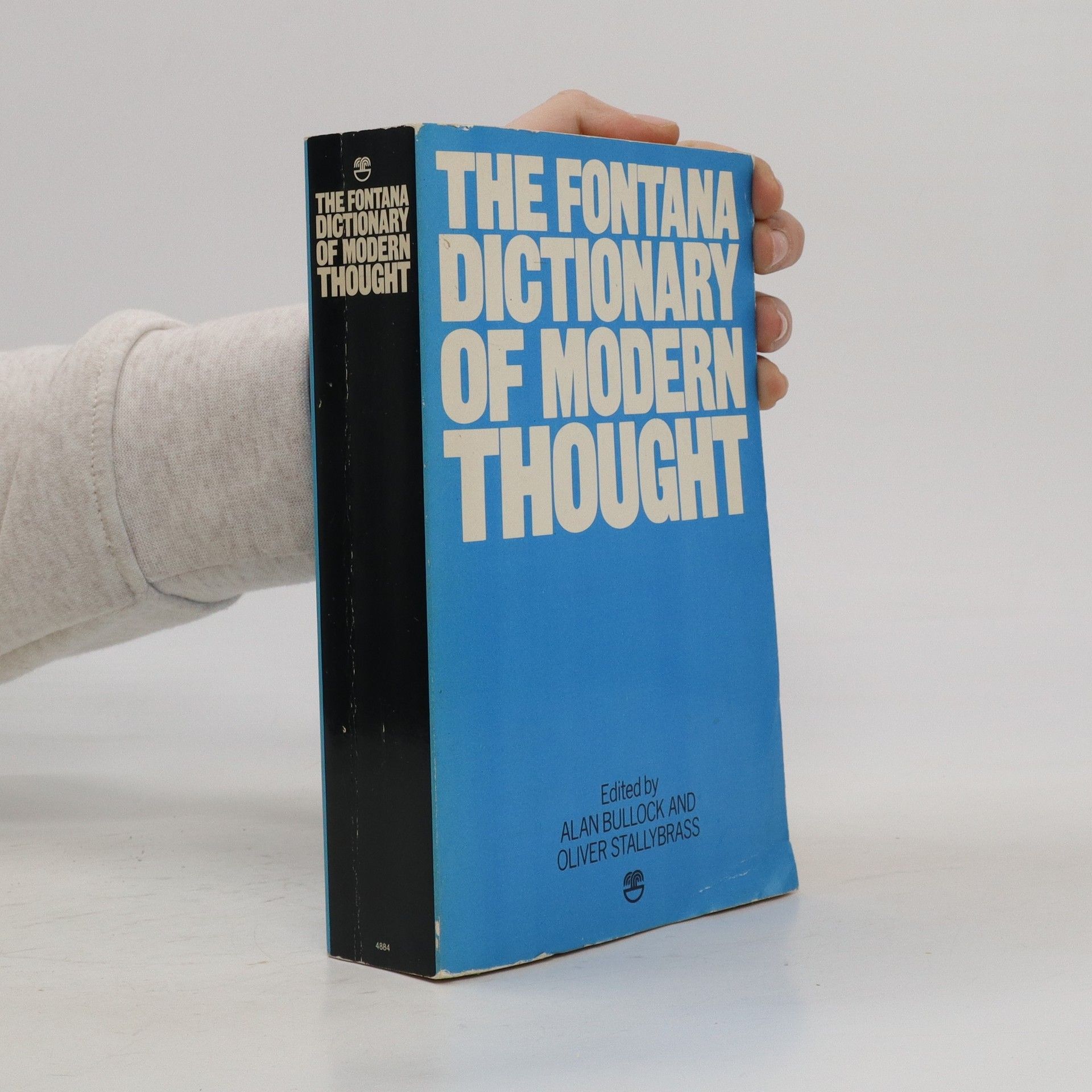Oliver Stallybras Libri


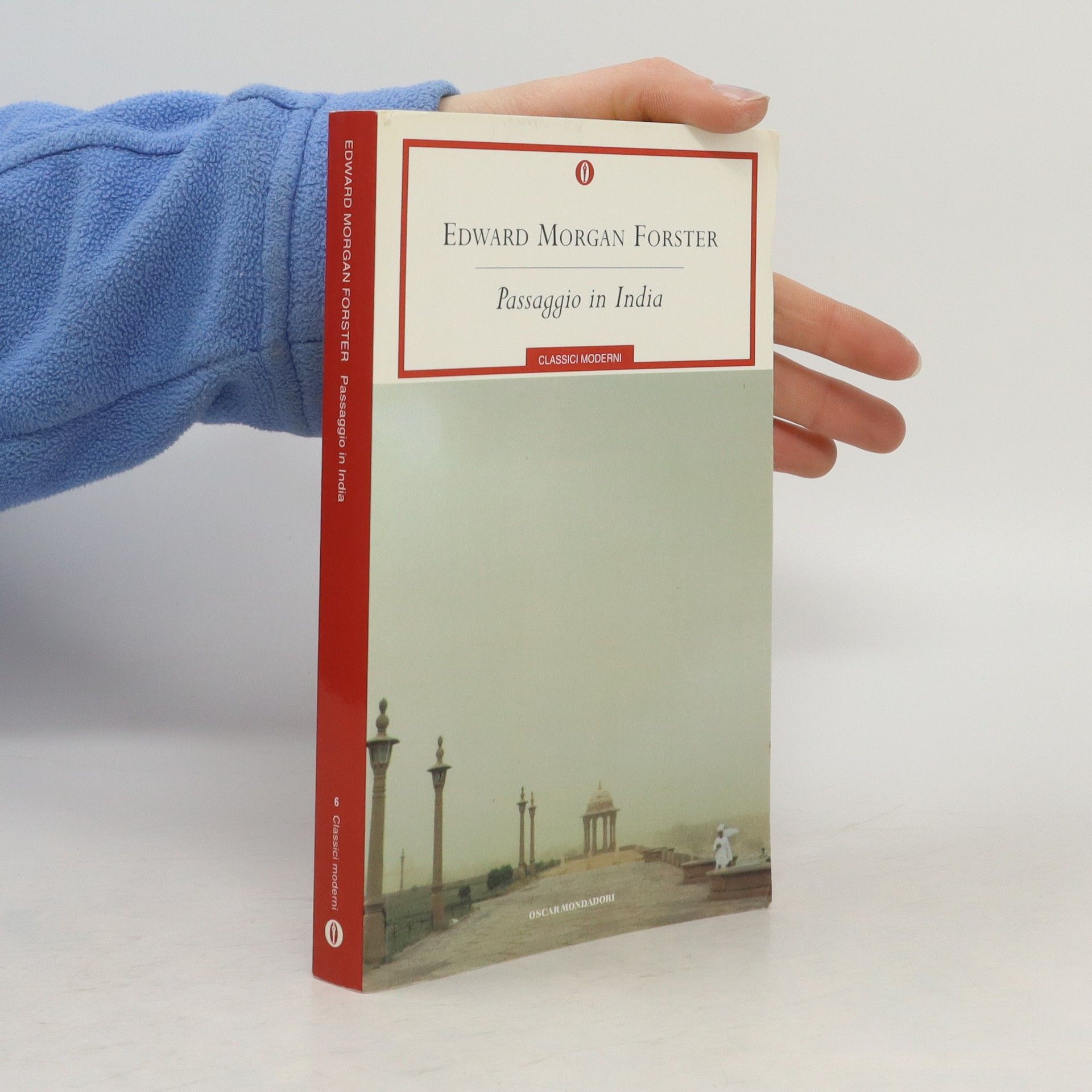
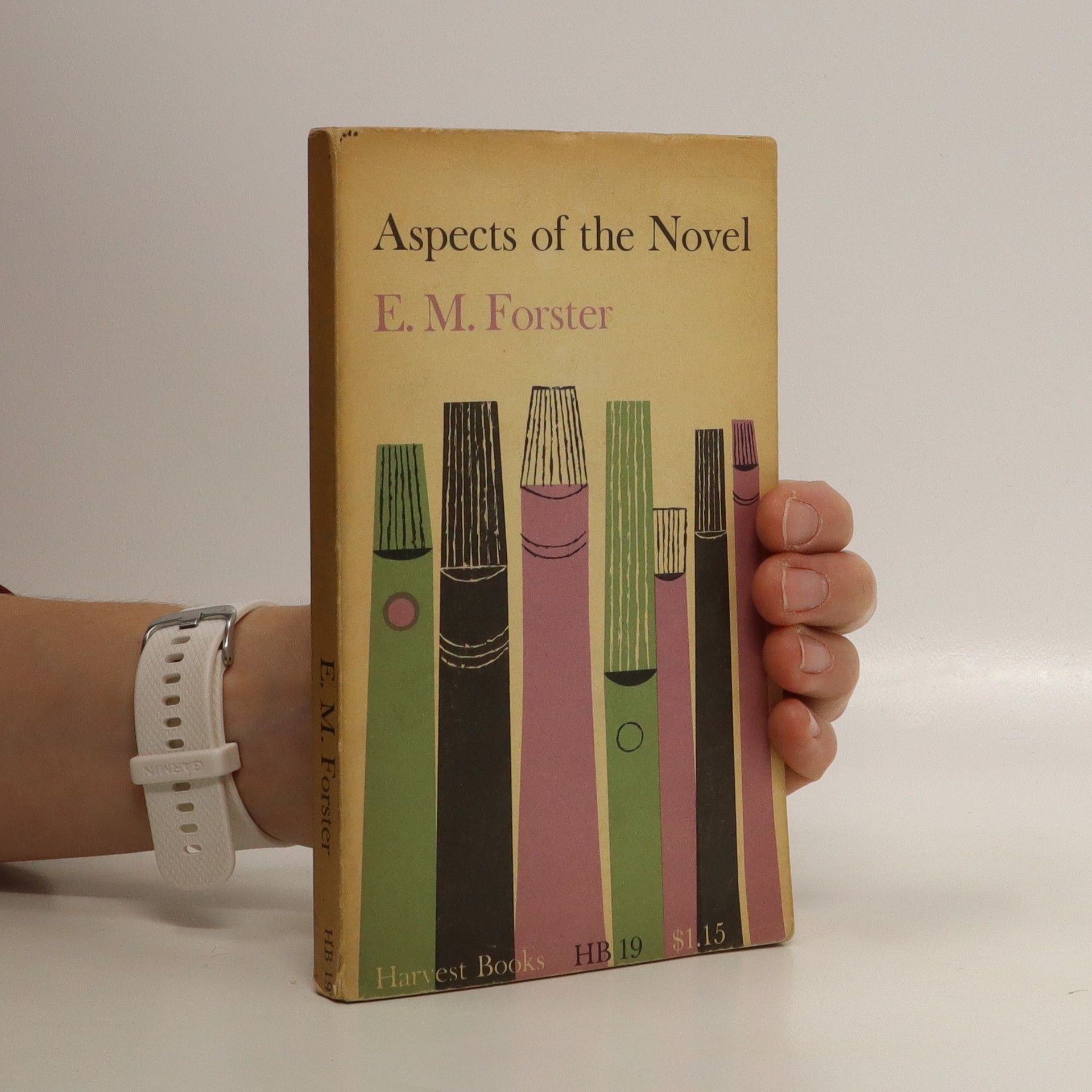
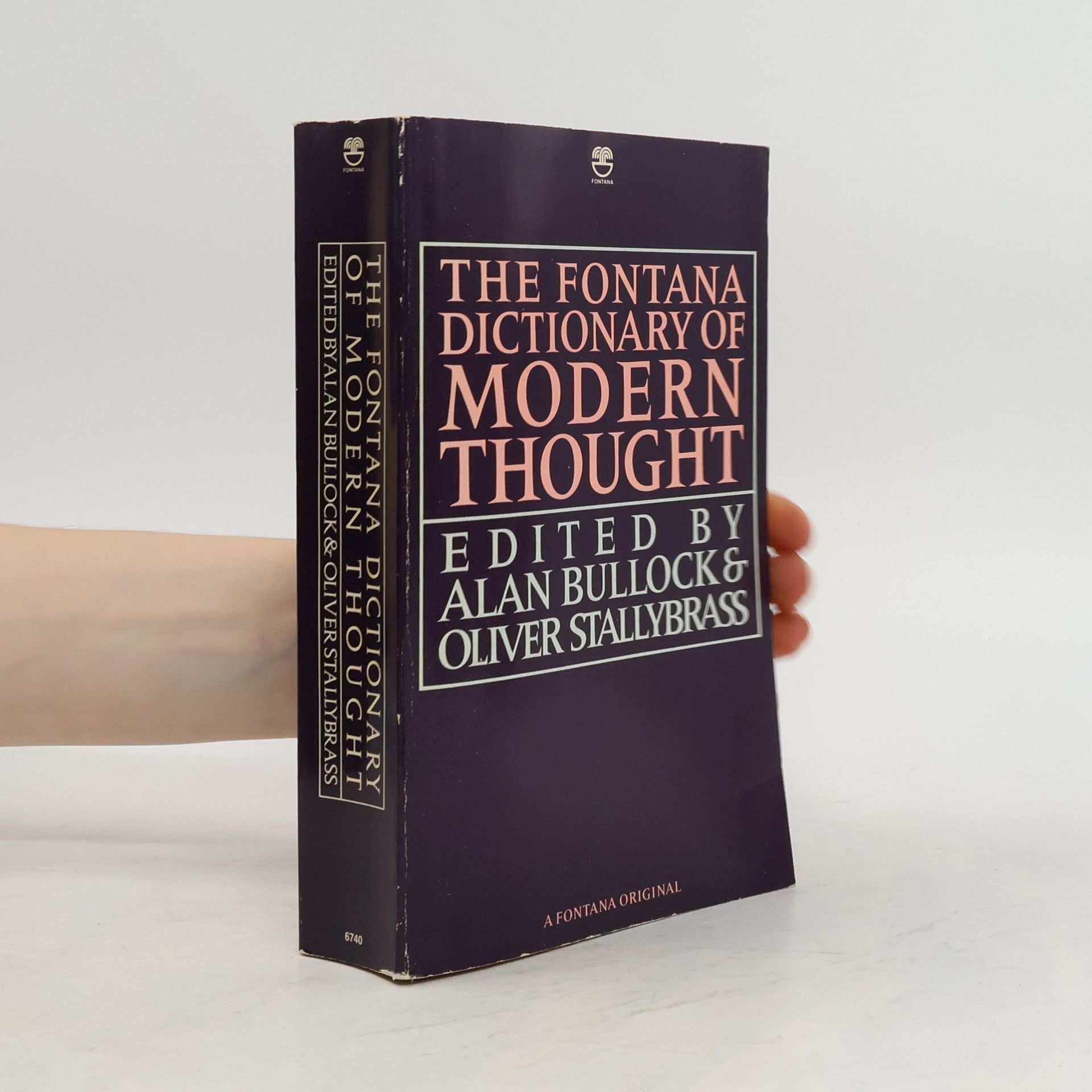
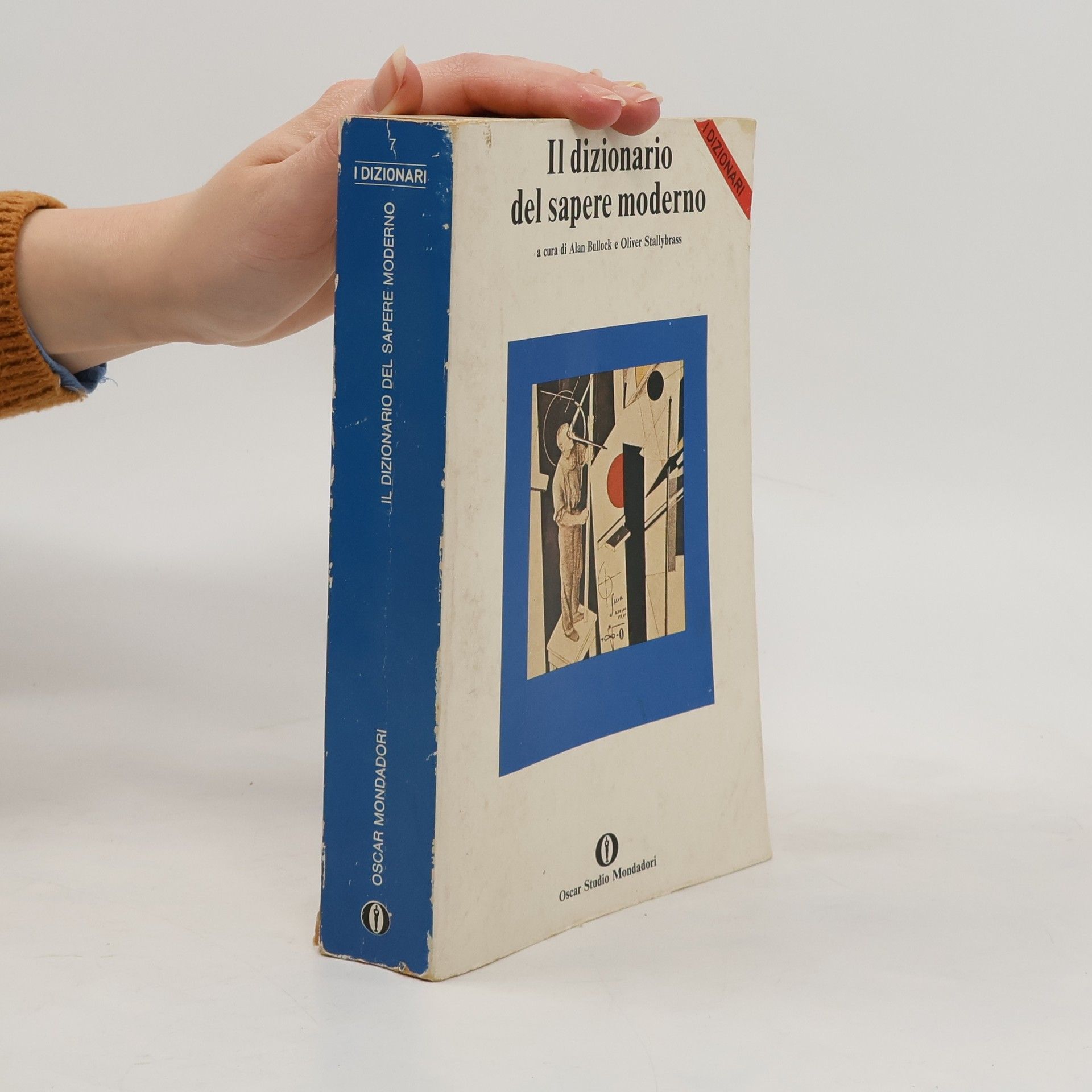
How often are attempts to broaden your knowledge of modern thought frustrated by terms and allusions that you do not understand? In this age of rapid-fire informational exchange and unprecedented specialization, no one can honestly claim to know the whole vocabulary of modern thought, yet most people would like to understand more. The Norton Dictionary of Modern Thought now provides us with a rich and reliable resource for staying on top of trends and actually enhancing our cultural literacy. With thousands of entries written by an international cast of artists, scholars, and scientists, this book offers an authoritative treasure trove of concepts defining the world in which we live. More discursive than an ordinary dictionary, more compact than an encyclopedia, and more selective than either, it covers the whole range of modern thought from the latest developments in astrophysics to recent trends in the arts. This volume is indispensable as a reference book, irresistible for browsing through — practically an education in itself.
ASPECTS OF THE NOVEL is a unique attempt to examine the novel afresh, rejecting the traditional methods of classification by chronology or subject- matter.
A Chandrapore, nell'India stretta sotto la morsa del colonialismo, si fronteggiano "Islam, un atteggiamento verso la vita squisito e durevole", la burocrazia britannica, "invadente e sgradevole come il sole" e "un pugno di fiacchi indù", in una silenziosa guerra fredda. Finché l'arrivo di una giovane turista inglese non viene a incrinare il fragile equilibrio. Perché Adela Quested, con stupore del clan dei sahib bianchi, non si accontenta dei circoli e delle visite ufficiali: vuole conoscere "la vera India" e trova la guida indigena perfetta nel mite e ospitale Aziz. Ma nelle grotte di Marabar la gita preparata con ogni cura si trasforma per Adela, vittima delle sue personali inquietudini o di un indegno affronto, in un dramma sconvolgente che arriva fino nelle aule di un tribunale, facendo esplodere pregiudizi, razzismi, contraddizioni. Lo scontro tra due civiltà agli antipodi per sentimenti e valori troverà anche la sua eroina inconsapevole: Esmiss Moor, Miss Moore per gli inglesi, figura simbolo di un'impossibile pacificazione. Il ritratto umano e poetico di un paese amatissimo si fa parabola della "segreta intelligenza del cuore" di contro alla protervia della ragione in quello che Forster chiamò "il mio romanzo indiano influenzato da Proust" e che è il suo indiscusso capolavoro.
English Library: Where Angels Fear to Tread
- 176pagine
- 7 ore di lettura
"On travelling to Italy with her friend Caroline Abbott, the impulsive English widow Lilia Herriton outrages her dead husband's family by meeting and quickly becoming engaged to a dashing but deeply unsuitable Italian man twelve years her junior. Infuriated, her ex-brother-in-law Philip sets off from England to her new home in the Tuscan town of Monteriano - but, finding himself unable to persuade Lilia to leave her handsome, uncouth new lover, returns to England without her. When Lilia's marriage leads to sudden tragedy, however, Philip and Caroline feel compelled to return once more to Italy, where they find they are forced to examine their own lives." "This edition reproduces the Abinger text, and also includes further reading, notes, a chronology, an introduction by Ruth Padel discussing division and culture clash in the novel and an appendix detailing an exchange about the novel between Forster and the poet R. C. Trevelyan."--BOOK JACKET.
Like his novel A Room with a View, E. M. Forster's Where Angels Fear to Tread focuses on a group of English men and women living and traveling in Italy. A young Englishman journeys to Tuscany to rescue his late brother's wife from what appears to be an unsuitable romance with an Italian of little fortune. In the events surrounding that match and its fateful consequences, Forster weaves an exciting and eventful tale that intriguingly contrasts English and Italian lives and sensibilities. As in Forster novels, among them Howards End and A Passage to India, Where Angels Fear to Tread reveals the author's deep fascination with all of human experience — sexual, moral, spiritual, imaginative, material. Acutely observant of the ways of the English middle class, he is as critical here of its snobbishness, greed, and cultural insensitivity as he is respectful of its decency and kindness, common sense, and goodwill. This splendid novel reveals the great breadth of his gifts as both storyteller and humanist — attributes that continue to make him one of the twentieth century's most admired novelists.
